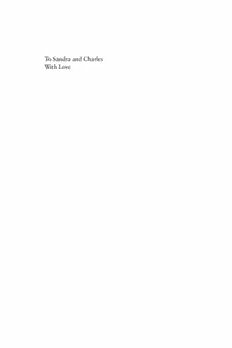
Domestic Violence And International Law PDF
360 Pages·2010·1.593 MB·English
Most books are stored in the elastic cloud where traffic is expensive. For this reason, we have a limit on daily download.
Preview Domestic Violence And International Law
Description:
Domestic Violence and International Law argues that certain forms of domestic violence are a violation of international human rights law. The argument is based on the international law principle that, where a state fails to protect a vulnerable group of people from harm, whether perpetrated by the state or private actors, it has breached its obligations to protect against human rights violation.This book provides a comprehensive legal analysis for why a state should be accountable in international law for allowing women to suffer extreme forms of domestic violence and how this can help individual victims. It is irrelevant that the violence is perpetrated by individuals and not state actors such as soldiers or the police. The state’s breach of its responsibility is in its failure to act effectively in domestic violence cases; and in its silent endorsement of the violence, it becomes complicit.The book seeks to reformulate academic and political debate on domestic violence and the responsibility of states under international law. It is based on empirical data combined with an honest assessment of whether or not domestic violence is recognised by the international community as a human rights violation.‘Domestic Violence in International Law […] provides an original, provocative, and much needed legal framework for the coherent development of a norm against domestic violence in international human rights law…Dr. Meyersfeld has developed a thoroughgoing analysis that asks and answers the most difficult questions often neglected by academics, lawyers and activists who dismiss the possibility that systemic violence against women could violate international law…Most fundamentally, this book is memorable for the hope and optimism it expresses about the transformative possibilities of international law. For without compromising such intensely human values as privacy, autonomy and cultural identity, Dr. Meyersfeld moves her reader with an abiding conviction: that international law, fueled with the power of transnational actors, can propel public actors to protect abused and vulnerable people in their most private worlds.’From the Foreword by Harold Koh, The Legal Adviser, United States Department of State (2009-).
See more
The list of books you might like
Most books are stored in the elastic cloud where traffic is expensive. For this reason, we have a limit on daily download.
